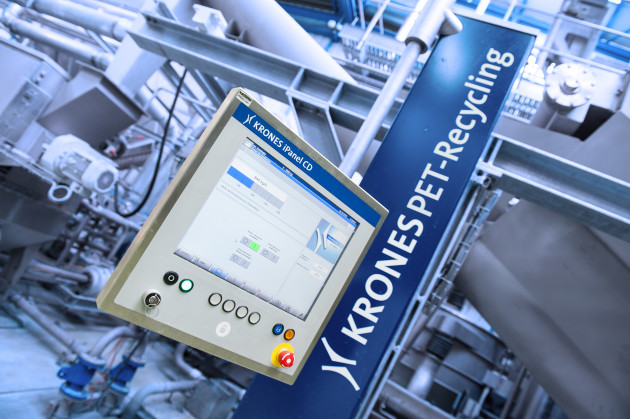German filling and packaging technology manufacturer Krones is now part of a recycling project that grinds beverage bottles into flakes.
A German soft drinks producer named MEG, which forms part of the Schwarz Group, sells more than 25 million hectolitres a year and exports its wares throughout Europe.
Since 2010, MEG has been taking the deposit-bearing, non-returnable bottles from a German deposit system and having them processed into regranulate at its recycling plant, and at various contract recycling companies.
In order to increase regranulate quotas further, MEG decided to build another recycling plant near Aachen, Germany.
As part of this project, Krones was asked to install a module that washes bottles and grinds them into flakes.
MEG chose Krones due to the “intensive and technologically sophisticated washing process” implemented in the Krones system, according to the company.
MEG also appointed Krones as the vendor responsible for the interfaces to the upstream and downstream process steps.






